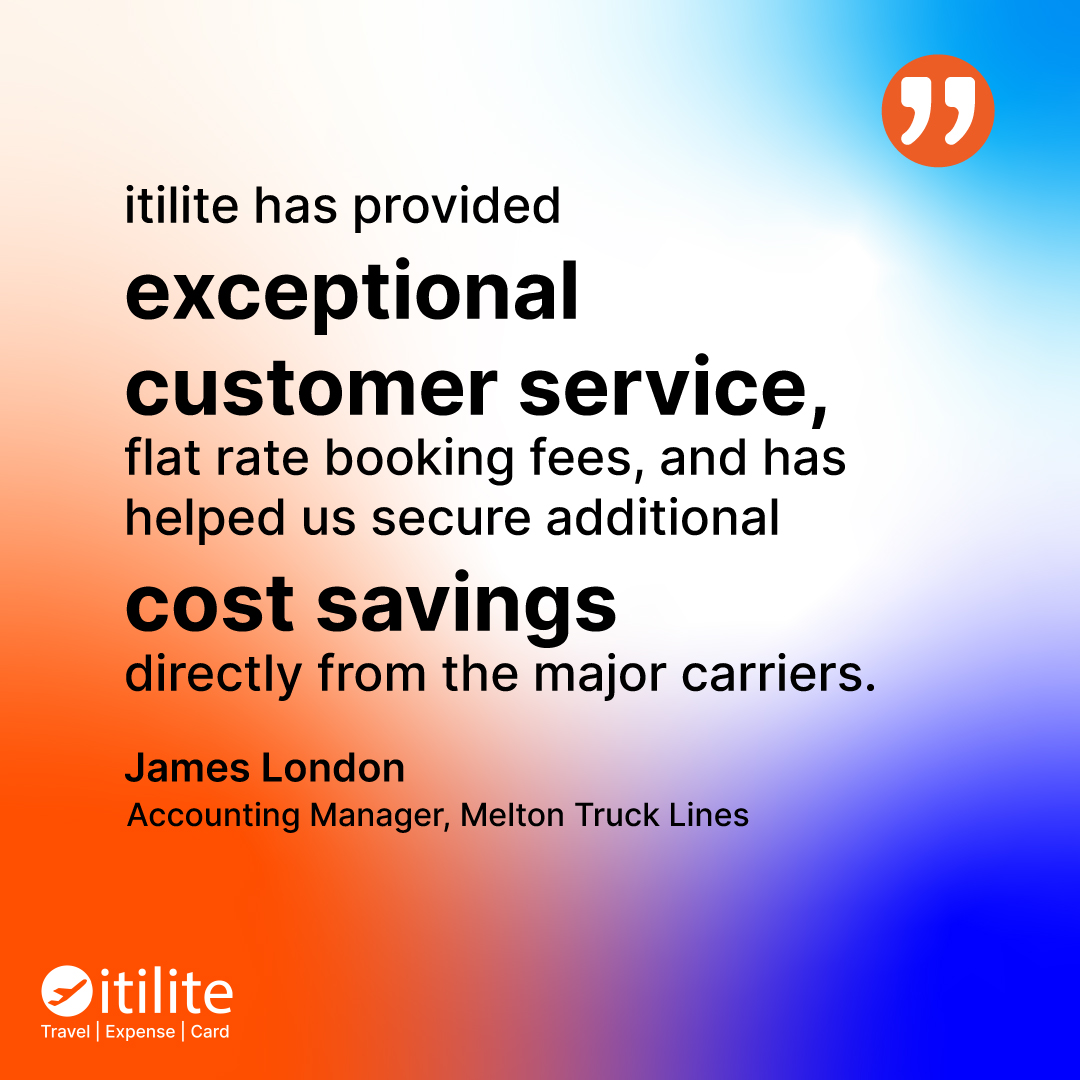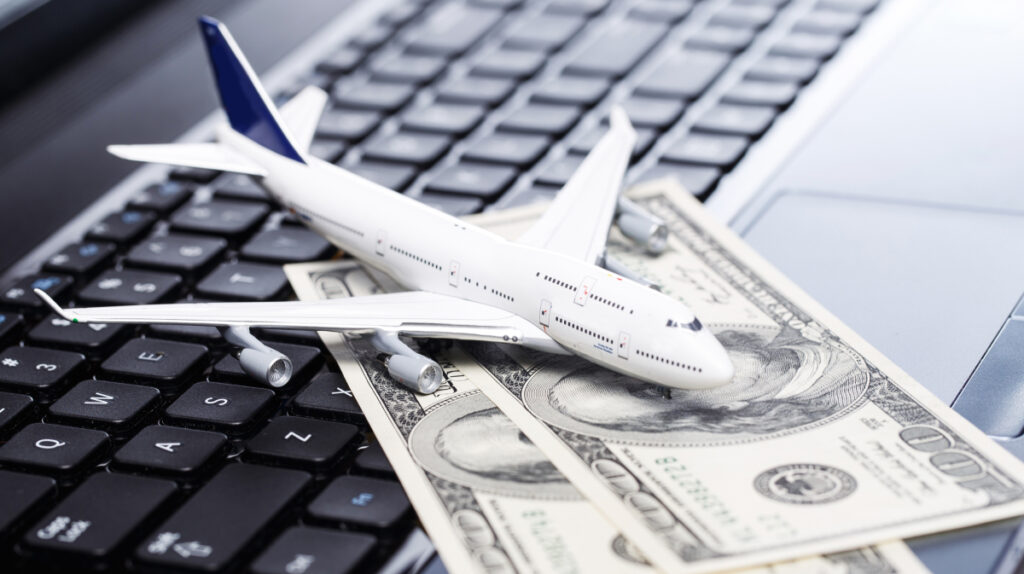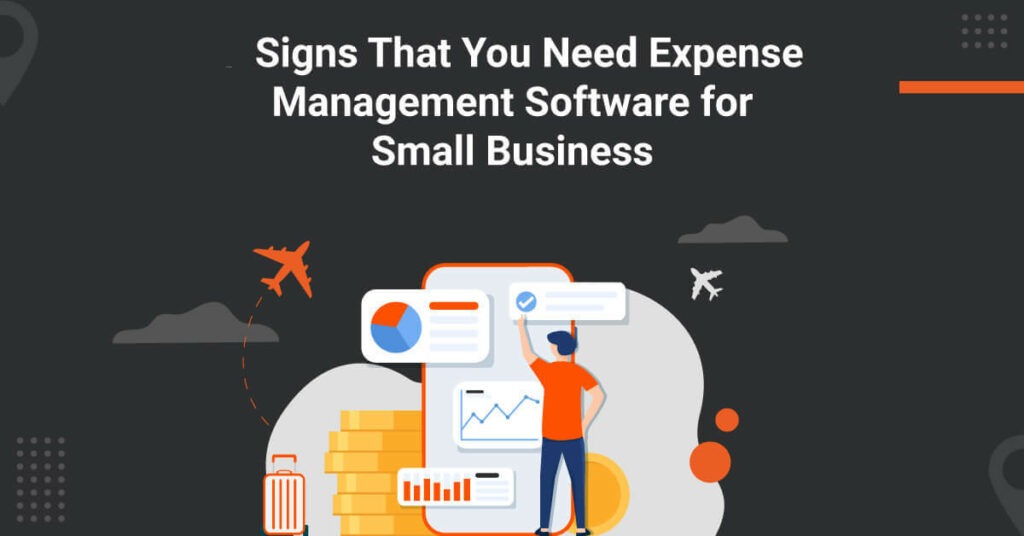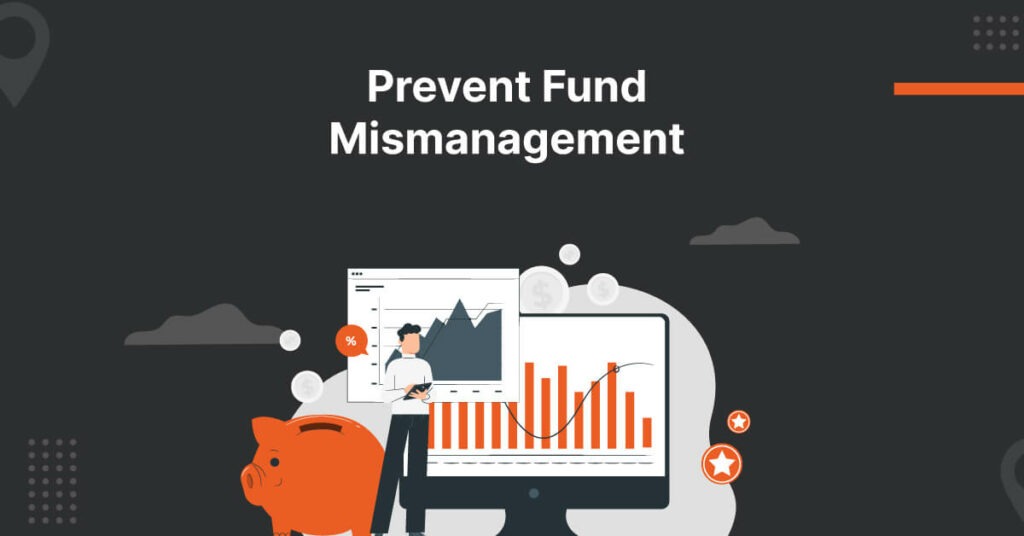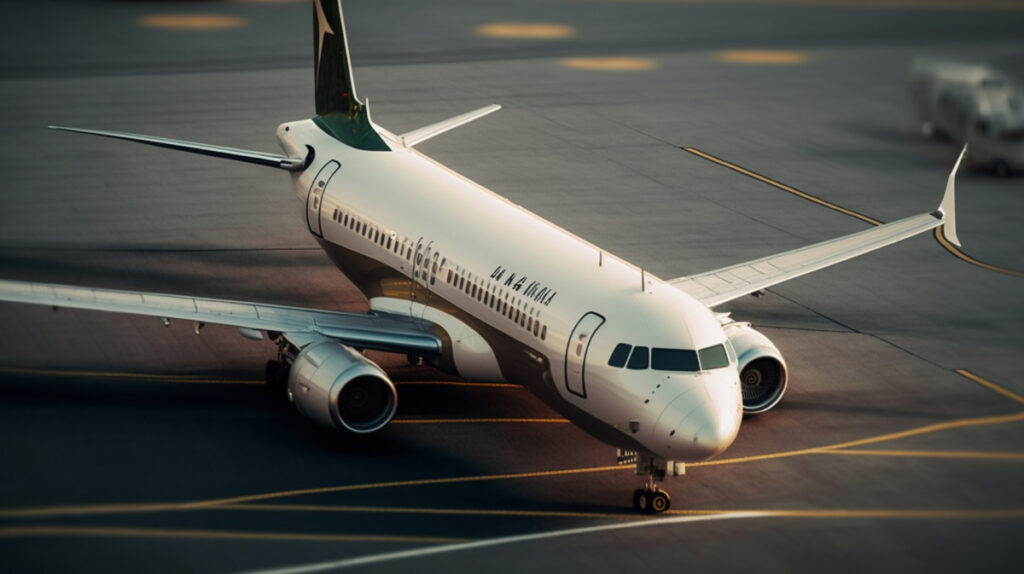
Frequent business travel is an important aspect of the corporate world, but the soaring costs of flights pose a significant financial challenge.
The fares are high for several reasons, such as the volatile nature of airline pricing, additional service fees, and the need for flexibility in booking, especially for last-minute or urgent business trips.
A lesser-known reason is the expensive aircraft manufacturing process. They require advanced materials and complex supply chain management.
To overcome this challenge and optimize spending, businesses increasingly use technology-driven solutions that provide insights, automation, and cost-effective strategies. With real-time expense tracking, policy compliance checks, and predictive analysis, these tech-driven solutions streamline expense management.
This blog discusses business travel budgeting and the tools you can use to create a business travel budget plan. Let’s dig into some reasons why traveling via flight is so expensive.
Why is Business Travel in the Aerospace Industry Expensive?
Business traveling via flight tends to be expensive due to various factors inherent to its manufacturing process.
Highly Specialized Materials:
Aircraft require materials and components that meet strict strength, durability, and safety standards. Advanced materials, such as lightweight composites and alloys, are often used to ensure the aircraft’s structural integrity and performance.
Research and Development Costs:
Developing and designing aircraft involves significant research and development (R&D) efforts. Manufacturers invest heavily in creating innovative technologies, improving fuel efficiency, enhancing safety features, and meeting environmental standards.
Precision Manufacturing and Engineering:
Aircraft are intricate machines that require precise engineering and manufacturing processes. The complexity of designing and assembling various components, including engines, avionics, and control systems, demands specialized skills and precision machinery. This level of precision contributes to the overall cost of production.
Supply Chain Complexity:
The aerospace industry’s global supply chain, intricate and extensive, sources components worldwide. Coordinating this complex network presents challenges, and disruptions can significantly impact production schedules and escalate costs.
Business Travel Budgeting Tips
Business travel, while essential, can strain budgets. Adopting cost-effective strategies can help maximize efficiency without compromising financial resources. Here are six pointers to consider when making a business travel budget plan:
Early Planning and Booking:
Planning is crucial for cost-effective business travel. Booking flights well in advance often results in lower fares. Utilize online tools and platforms to compare prices across different airlines and consider flexible travel dates to find the most budget-friendly options. Early planning also allows for better coordination with meetings and events, reducing the likelihood of last-minute, more expensive bookings.
Leverage Loyalty Programs:
Take advantage of airline and credit card companies’ travel rewards and flight loyalty programs. These programs can provide discounts, upgrades, and other perks, contributing to overall cost savings.
Flexible Travel Itineraries:
Flexibility in travel itineraries can lead to significant cost savings. Consider adjusting travel dates or flying during off-peak hours when ticket prices are generally lower. Being open to alternative airports or nearby destinations can also present more affordable options.
Pack Light:
Airlines often charge extra fees for checked baggage, seat selection, and in-flight amenities. Pack efficiently and consider traveling with carry-on luggage to avoid additional charges. Be aware of the airline’s baggage policy, and choose airlines that offer more generous baggage allowances.
5 Tools You Can Use for Business Travel Budgeting
Here are the top 5 tools which you can use for creating a budget plan:
1. Travel Management Software:
Centralized booking travel management software allows for centralized booking of flights, accommodations, and transportation, ensuring a consolidated view of all travel-related expenses.
Expense tracking tools enable real-time expense tracking, providing visibility into where the budget is allocated and alerting users when thresholds are reached. Reporting and analytics generate detailed reports and analytics on travel spending patterns, helping businesses identify areas for cost optimization and budget adherence.
2. Budgeting Apps:
Real-time expense monitoring budgeting apps provide real-time monitoring of expenses against predefined budgets, offering instant insights into spending patterns. Alerts and notifications that users receive alerts when approaching or exceeding budget limits, promoting proactive expense management and preventing budget overruns.
3. Online Travel Agencies (OTAs):
Price comparison OTAs enable users to compare prices across multiple providers, facilitating informed decision-making to secure the most cost-effective travel options.
Access to exclusive deals and discounts offered by airlines, hotels, and other travel service providers contributes to overall cost savings.
4. Corporate Travel Booking Platforms:
Policy Integration: Corporate travel booking platforms integrate with travel policies, ensuring bookings align with organizational guidelines and budgetary constraints. Negotiated rates in these platforms often secure negotiated rates with airlines and hotels, providing cost-effective business options and helping manage travel expenses effectively. Customized approval workflows implement customized approval workflows to ensure that travel plans are vetted by relevant stakeholders before finalizing bookings.
5. Expense Management Systems:
Automation of expense reporting for expense management systems automates the expense reporting process, reducing manual efforts and ensuring accuracy in documenting and tracking expenses. Receipt capture systems often include digital features for capturing and storing receipts, eliminating the risk of losing paper receipts and facilitating organized expense tracking.
ITILITE: The Best Business Travel Budgeting Tool
ITILITE is a powerful corporate travel budgeting platform that offers features to streamline the travel experience.
This way, you get the best deal before anyone else. ITILITE also secures negotiated rates with airlines, maximizing cost savings. Its intuitive user interface simplifies the booking process, providing a seamless experience for both users and administrators.
ITILITE is the best expense management tool as well. Aerospace manufacturers can use the platform’s receipt tracking software to monitor expenses. This way, you can document all the important bills in one place.
Create an ideal corporate travel management plan with ITILITE. To fly high, book a demo.


